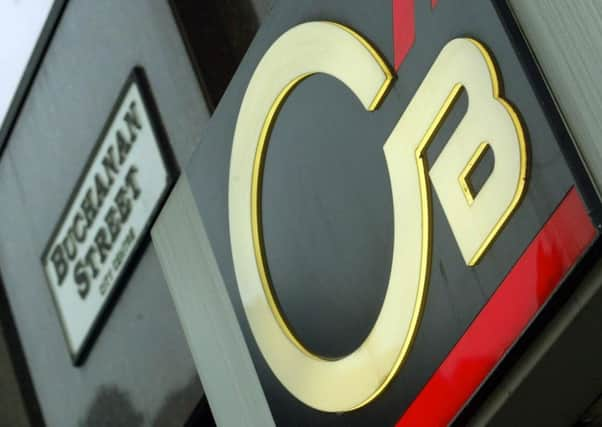NAB chair ‘disappointed’ over slow Clydesdale exit


Addressing shareholders at NAB’s annual meeting, Michael Chaney blamed increased regulation in the wake of the financial crash for the delays in exiting Glasgow-based Clydesdale and its Yorkshire Bank brand. NAB has owned Clydesdale since 1987 and Yorkshire since 1990.
Chaney, who has chaired NAB since September 2005 and retires today, said: “One of the disappointing aspects of my tenure as chairman is the time it has taken to exit our UK legacy assets, largely due to the UK recession and unprecedented regulatory imposts following the global financial crisis. This was a significant factor in our shareholder returns not being at the level we would have liked, relative to our competitors.
Advertisement
Hide AdAdvertisement
Hide Ad“However, I am pleased that while the process has been extremely complex, NAB is on track with its demerger and proposed initial public offering of our Clydesdale and Yorkshire banks in the UK, to be completed early next year, subject to shareholder approval at the extraordinary general meeting on 27 January.”
The sell-off had been expected to take place before the end of this year but will now happen in February, with institutional investors being offered 25 per cent of the shares. Existing NAB shareholders will hold the remaining 75 per cent of Clydesdale. They will receive one share for every four they hold in the Melbourne-based group.
Chaney, who hands over the helm to Australia’s former Treasury secretary Ken Henry today, urged shareholders to vote in favour of the demerger, saying it would allow NAB “to focus on investment in its higher-returning core businesses in Australia and New Zealand”.
